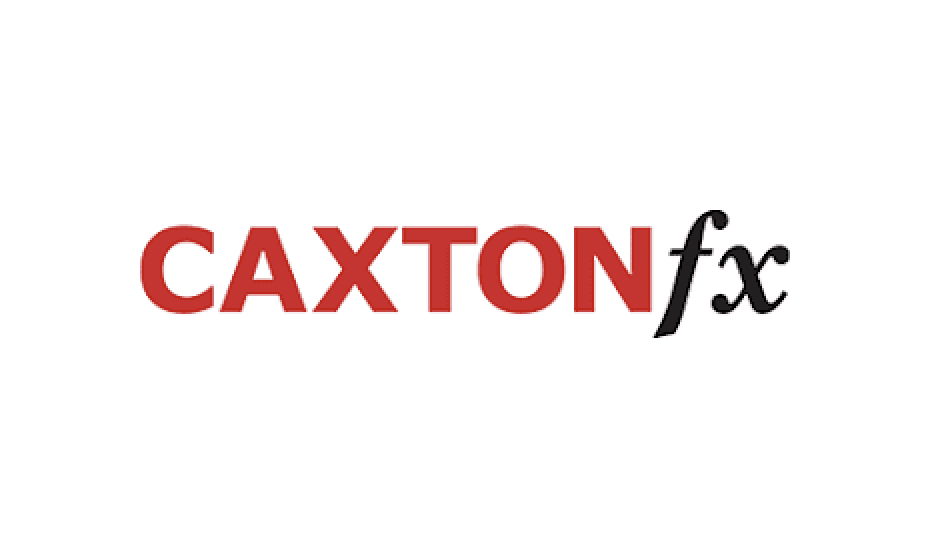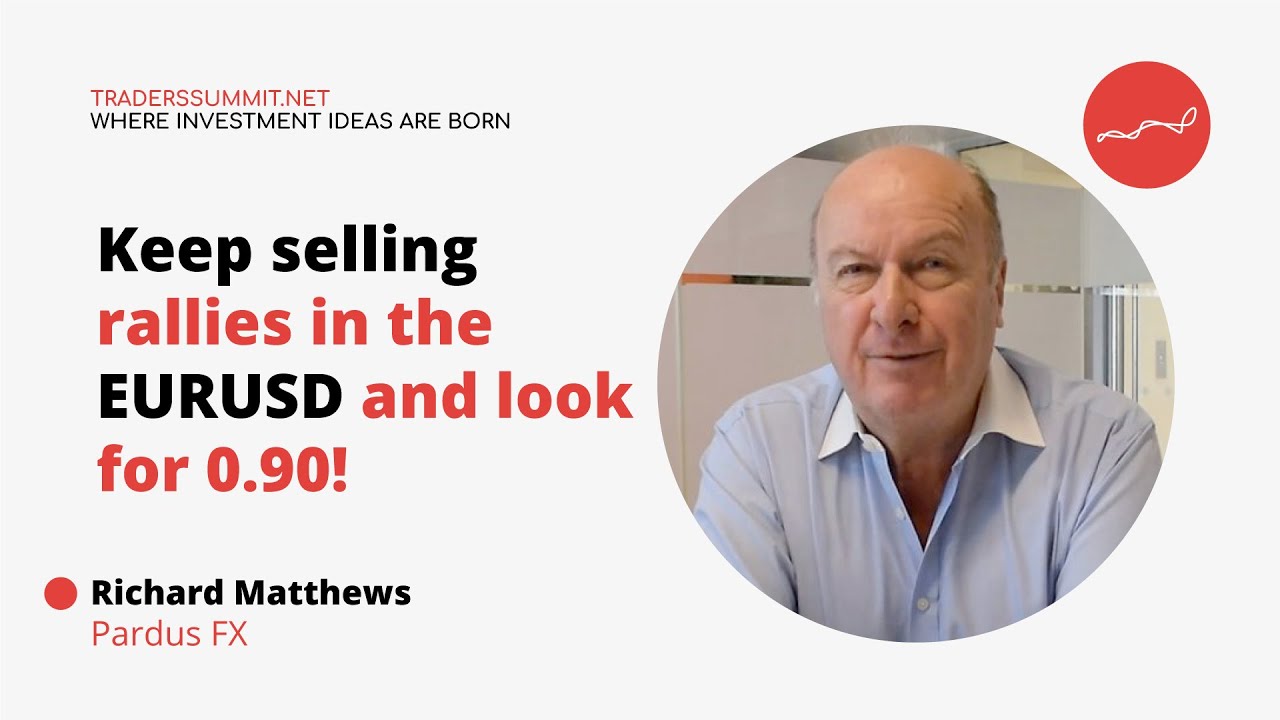Discounting Policy Errors

Weekly Highlights
- • Neither the market nor policymakers are focused on the high-frequency data in the week ahead.
- • US interest rate developments continue to be a critical driver of the foreign exchange market.
- • The dollar rose in Q1 as interest rates rose but here in Q2 rates bond yields have moved lower and three-month dollar Libor slipped to new record lows.
- • Many investors and observers are expressing concern about the possibility that the Fed is making a mistake by not tapering.
- • We see three other areas that the Fed has made some questionable decisions: It is allowing short-term rates, including the general collateral rate to go negative.
- • It should boost interest rate it pays on reserves and tweak the reverse repo rate. It should have increased the buying of the 20-year bond, which as officials hinted. This may have contributed to another poor auction. The Fed is still buying TIPS, which distorts the signal on which it and investors rely.
- • The Fed is still buying mortgage-backed agency bonds even though the housing market, by several metrics, the strongest since the Great Financial Crisis.
The upcoming high-frequency economic data are unlikely to sway investors or policymakers. The key issue is whether price pressures are more than transitory, as officials at the Federal Reserve, European Central Bank, and the Bank of England say quite adamantly. Investors are less sanguine. European bond yields rose to the highs for the year last week, but US rates remain soft. After rising by nearly 85 bp in Q1 to 1.74%, the 10-year yield drifted lower here in Q2 and is averaged less than 1.65% in recent days.
Many observers linked the rise of European yields to US rates in Q1, but here in Q2, European yields continued to move higher, even as US rates eased. The spreads over Germany have widened considerably. Last week, the Italian premium widened to nearly 123 bp from less than 100 bp when the ECB announced it would significantly boost its bond-buying under the Pandemic Emergency Purchase Program before easing back to 116 bp before the weekend as ECB President Lagarde hint at the possibility that there were not be a policy change at next month’s meeting. The hawks are expected to push for a slowing of the purchases. The premium demanded from Spain has not risen as much, but like the Italian premium, it is above the 200-day moving average (over Germany) for the first time since last summer.
Marc Chandler
Managing Director
Bannockburn Global Forex
www.bannockburnglobal.com








